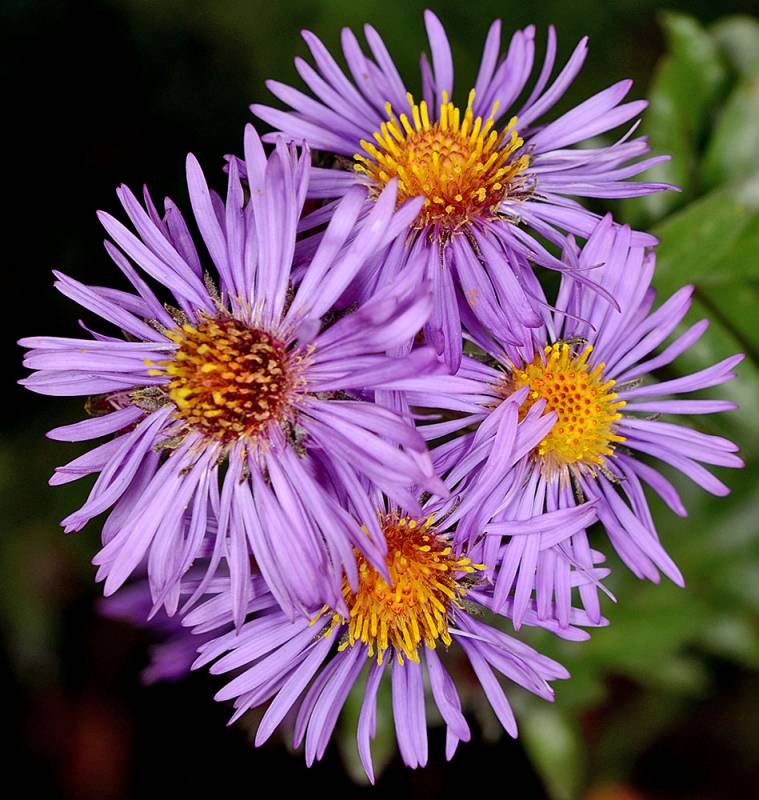Hosted by the University of Washington Herbarium, Burke Museum
Publication: Phytologia. 77: 287. 1995.
Origin: Introduced from central and eastern North America
Herbarium search: CPNWH
Notes: FNA20: "Symphyotrichum novae-angliae is escaped from cultivation and introduced in Montana, Oregon, Utah, Washington, and Wyoming, and has been reported as an ephemeral escape in British Columbia. It possibly escaped from cultivation elsewhere. The Michaelmas daisy is widely sold in the horticultural trade, where cultivars have been developed. Forms have been described that correspond to color genetic variants within natural populations {Aster novae-angliae forma roseus (Desfontaines) Britton; A. novae-angliae forma geneseensis House}; they are not recognized here.
Symphyotrichum novae-angliae resembles Canadanthus modestus, but the ranges of the two do not overlap, and the latter has sparsely hairy cypselae with dark ribs. Symphyotrichum novae-angliae hybridizes with S. ericoides, forming the F 1 intersectional hybrid S. ×amethystinum."
Last updated 11/24/2020 by David Giblin.

